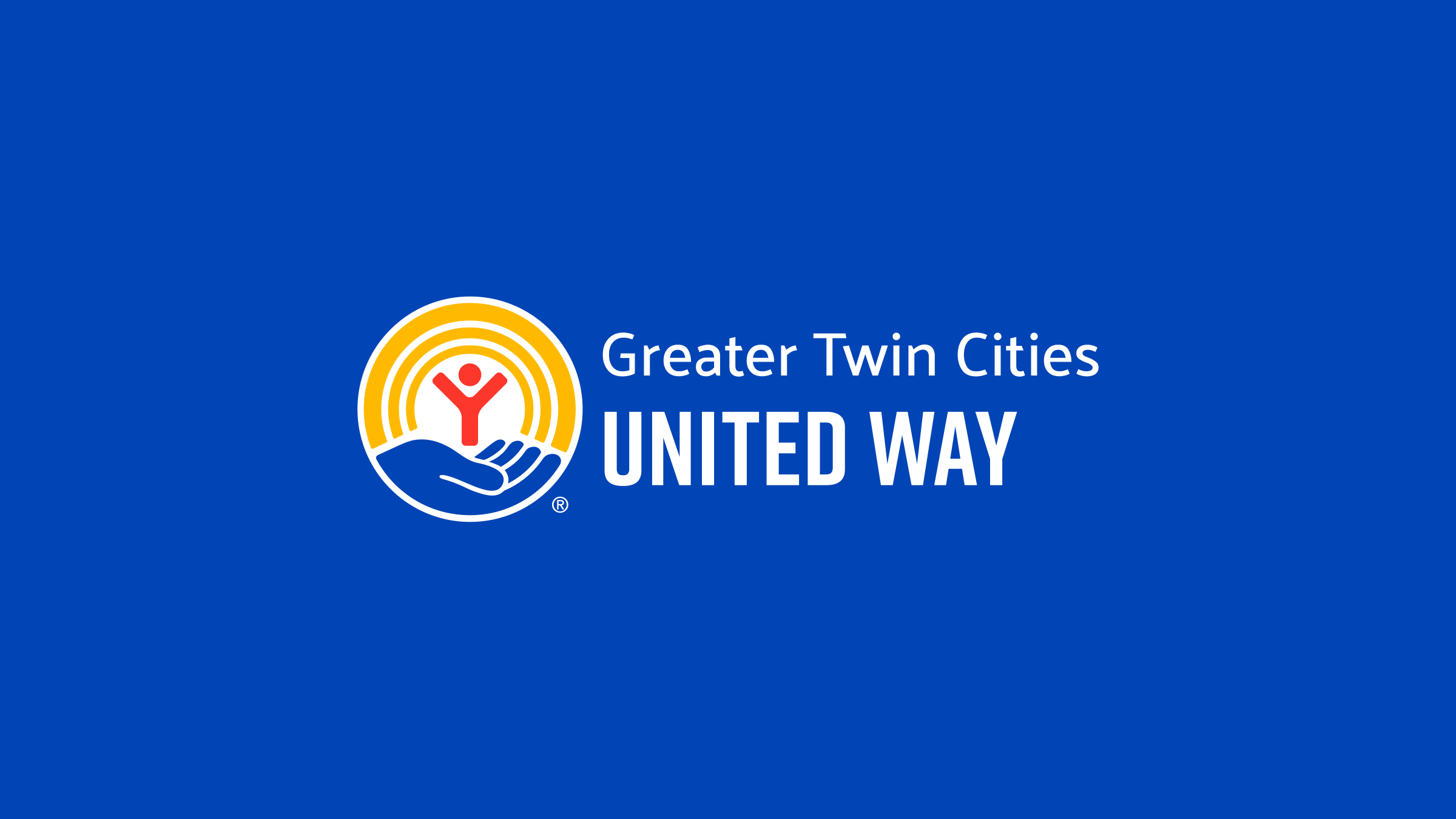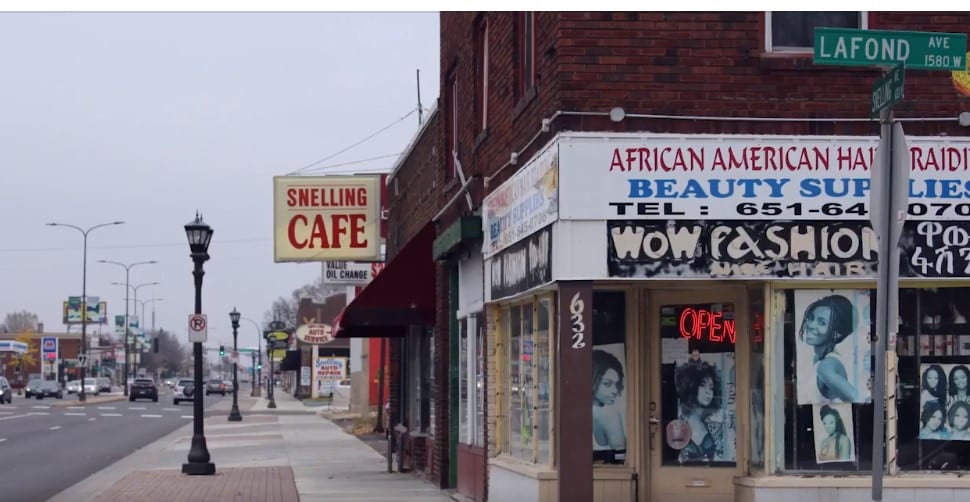
The civil unrest sparked by the murder of George Floyd resulted in significant property damage to cultural corridors where Black, Indigenous and People of Color work and own businesses. That’s why Greater Twin Cities United Way, in partnership with The Minneapolis Foundation and the Saint Paul & Minnesota Foundation, established the Twin Cities Rebuild for the Future Fund.

The fund provides immediate support to small businesses owned by Black, Indigenous and People of Color (BIPOC) for things like repairs, equipment, technology, building materials and relocation expenses related to the damage.
Businesses in the three hardest-hit districts — the West Broadway and Lake Street corridors in Minneapolis and University Avenue in St. Paul — were prioritized. Organizations were invited to apply for funding, and grants were distributed to nonprofits and community organizations supporting small business development.
One of these nonprofits is African Economic Development Solutions (AEDS), which helps build wealth within Twin Cities African immigrant communities. AEDS recognized that many local small businesses were gearing up to re-open following mandatory COVID-19 closures when the murder of George Floyd and subsequent civil unrest happened.
“Being an entrepreneur is never easy and keeping a business alive as an African immigrant during these times requires hard work and help grappling with loss of revenue,” said Gene Gelgelu, Founder, President and CEO of AEDS.
In order to decide how to distribute the Rebuild for the Future funding, AEDS created a community advisory council to make funding decisions — and the council created a decision-making process prioritizing transparency and fairness.
“We wanted the advisory council to accurately represent the community we serve, so we intentionally brought on board people with very diverse backgrounds,” said Gelgelu.
After the council reviewed applications from small business owners, they distributed $160,000 from the Rebuild for the Future fund to businesses throughout the metro area, with $25,000 reserved for the east metro.
In addition, Gelgelu participated in a community listening session hosted by Greater Twin Cities United Way, The Minneapolis Foundation and the Saint Paul & Minnesota Foundation where he connected with a donor who wanted to support a business in St. Paul’s Little Africa district. As a result, the owner of Sunshine Hair Braiding Salon was able to replace her store’s air conditioner that was destroyed during the civil unrest.
Another example is Rebecca’s Bakery, which is located between the Cedar-Riverside and Seward neighborhoods. Owner Assegedech Kidane received Rebuild funds to remove graffiti and make repairs to her shop that were related to the civil unrest.
“Our family will be forever grateful to the people who made this grant possible and helped us in such uncertain times,” said Kidane. “This grant will allow Rebecca’s Bakery to move forward and rebuild.”
Local business Admas Travel & Tours also received Rebuild funds to fix their building, which was damaged by fire related to the unrest, and replace lost inventory.
“This grant means a lot to our business to rebuild again,” said Getachew Teklu, travel consultant at the company. “We’d like to thank everyone who gave for their generosity and care about immigrant business in these difficult times.”
“African Economic Development Solutions is incredibly grateful for the Twin Cities Rebuild for the Future Fund so we can support African small business owners who may not have the means to fix damages in order to continue their livelihoods,” said Gelgelu.
“Also, after receiving this grant, we got phone calls from other funders who were interested in helping, so we’ve been able to give back a total of $320,000 to our community, which makes a huge impact.”
Greater Twin Cities United Way, The Minneapolis Foundation and the Saint Paul & Minnesota Foundation are also partnering on a multi-year collaboration with the goal of transforming the criminal justice system.
Take Action: To learn more about how you can make a difference in our community through a financial contribution, visit gtcuw.org/donate.